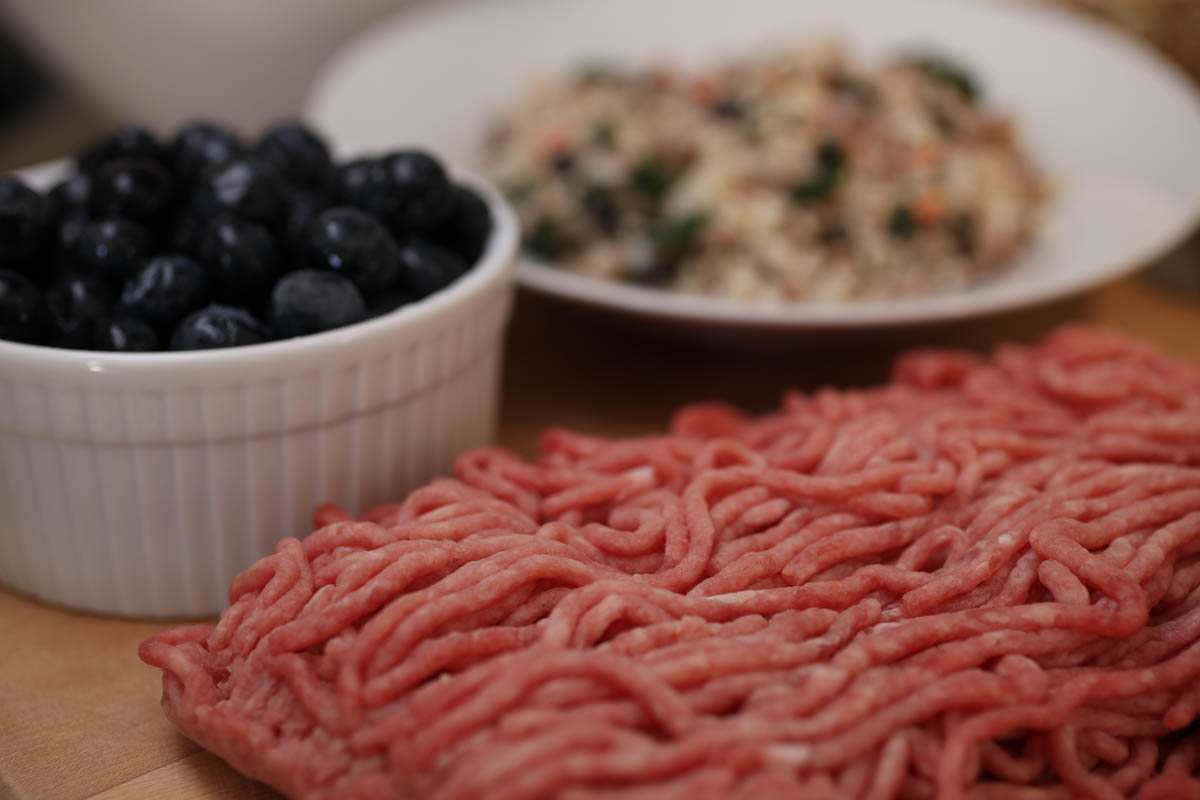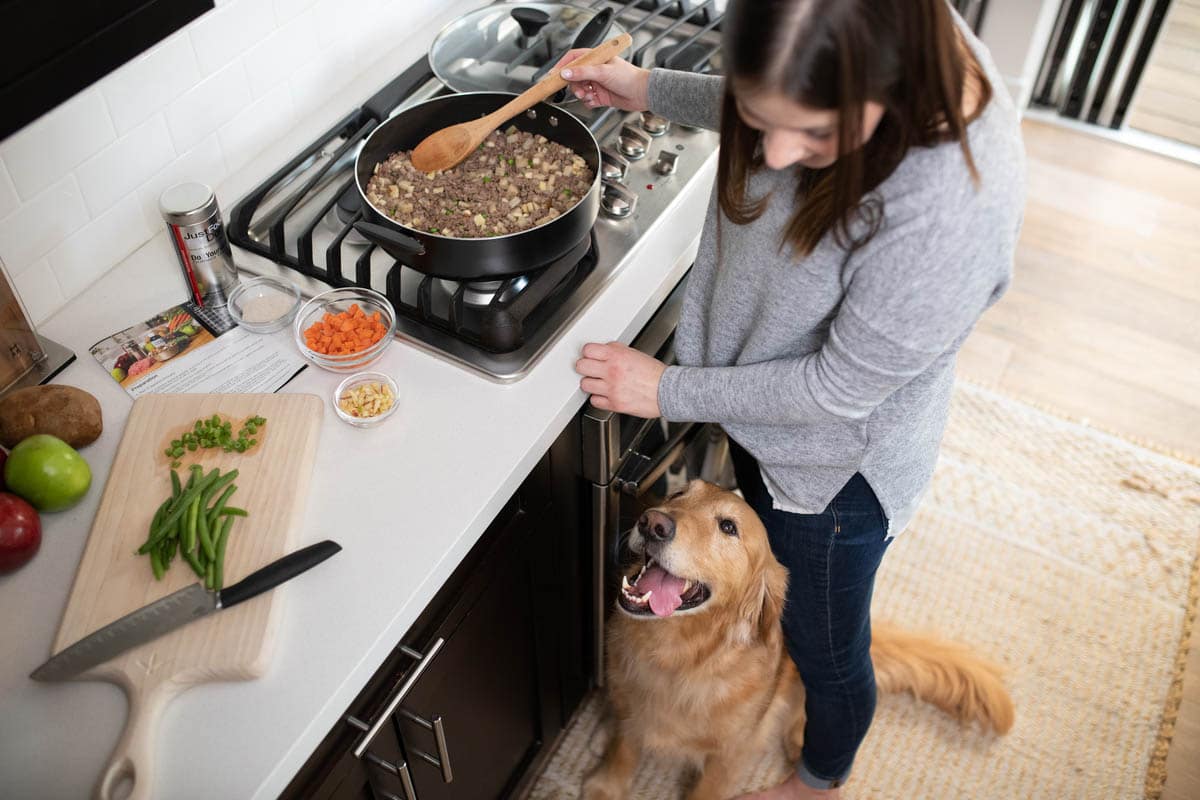A Guide to Single-Protein Dog Food
Choosing the best diet for your dog requires a little research. Understanding the pros and cons of different ingredients will help you make your decision. Here’s everything you need to know about single-protein dog food diets.
Choosing the best diet for your dog requires a little research. Understanding the pros and cons of different ingredients will help you make your decision. Here’s everything you need to know about single-protein dog food diets.
What Is Single Protein Dog Food?
Single-protein dog food is pretty much exactly what it sounds like — dog food made with only one type of animal as a protein source. It may include protein sources from different parts of the same animal, like chicken breast and chicken livers in the same meal, but from that animal only.
Whether your dog’s diet consists of dry food, wet food, freeze-dried meals, or a combination, making sure it includes enough protein is essential.
4 Benefits of Limited Ingredient Diets For Dogs
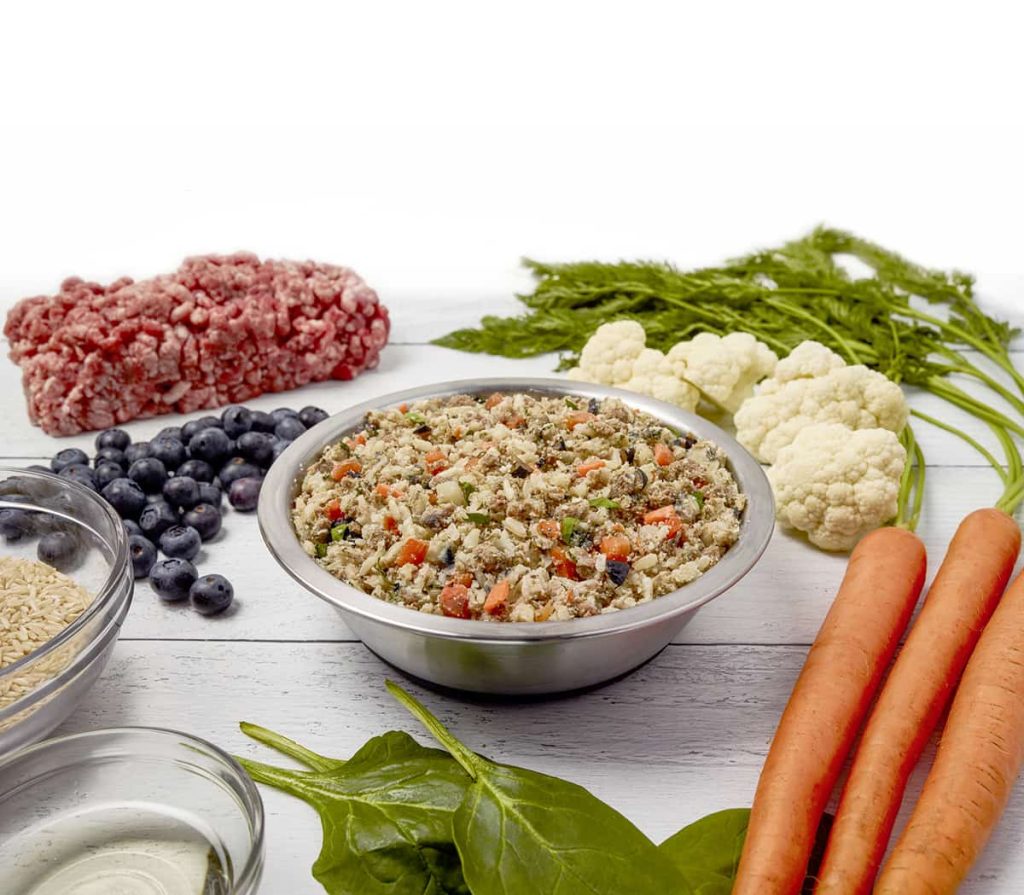
Limited-ingredient diets can be beneficial to dogs of all life stages and breeds. Puppies and large breed dogs need more protein than smaller adult dogs, and all dogs can benefit from single-protein diets.
JustFoodForDog’s fish and sweet potato recipe is a great example of a well-rounded limited-ingredient meal, made with just a few high-quality components. Like with any diet, the best choice for your dog to maintain a healthy, natural balance depends on their individual needs. Our prescription veterinary diets and supplements can be individually tailored to your dog’s specific needs.
1. Better Digestive Health
Your dog’s digestive system has an easier time with fewer ingredients to process. Without being overworked trying to digest different proteins and nutrients at the same time, doggy digestion is much easier. Dogs with digestive issues especially may benefit from limited-ingredient diets like single-protein dog foods.
2. Fewer Food Allergens
Limiting the number of ingredients in your dog’s food is the easiest way to make sure all of them are safe, especially for dogs with food allergies or food sensitivity. Some dogs are allergic to protein sources specifically, like chicken allergies, so single-protein dog foods are a great hypoallergenic way to avoid protein your dog doesn’t respond well to.
If you’re not sure which food or protein your dog is allergic to, an elimination diet can help you narrow it down. This is when you adjust your dog’s diet to be very plain and bland for a while, then slowly reintroduce different foods one at a time to be sure there’s no allergic reaction.
3. High-Quality Ingredients
Often you’ll find that limited-ingredient dog foods also use high-quality ingredients and tend to avoid dog food fillers like meat meal. Not only are these meals delicious, but whole foods mean your dog is getting the vitamins, minerals, and nutrition they need. All JFFD meals are made from human-grade, whole ingredients guaranteed to satisfy.
4. Easy Diet Management
If you’re working to be mindful of your dog’s diet, whether it’s for weight loss, allergies, or if your dog has specific dietary needs, limited ingredient diets are a great way to know exactly what you’re feeding your pup. Fewer ingredients are easier to keep track of, and without fillers and preservatives, you can expect high-quality ingredients in every meal.
Best Animal Protein Sources For Dogs
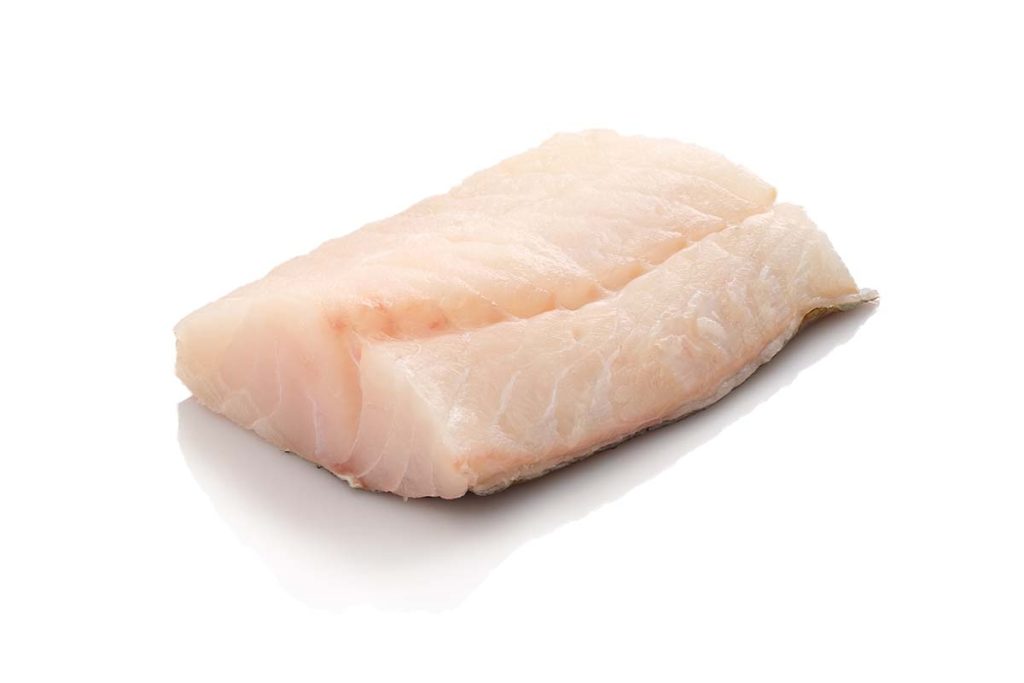
Without a doubt, animal protein is the best source of the stuff for dogs. Look for these high-quality sources of protein in the pet food you choose.
Beef Dog Food
Beef is a great protein source and is considered one of the most affordable healthy meats for dogs. It’s also full of iron, zinc, and vitamin B important for supporting healthy skin and coat. The vitamins and minerals found in fresh, high-quality beef help your dog maintain total wellness.
Venison
Venison is a lean protein packed with vitamins and minerals that support a healthy immune system. It’s also rich in iron, zinc, and phosphorus, which is essential for healthy kidney function.
Chicken
Chicken is another lean source of protein for dogs. It’s a great source of energy as well as amino acids for building and maintaining muscle and is mild enough to be gentle on dogs with sensitive stomachs.
Fish
Fish like salmon, shrimp, muscles, and oysters are full of nutrients your dog needs. These kinds of seafood contain omega-3s, fish oil, and fatty acids your dog needs for a healthy heart and cognitive function. Dogs with sensitive skin or dandruff may benefit especially from the nutrients in fish.
Duck
Duck is certainly a tasty treat for dogs, and rich in both taste and protein. It’s also full of vitamin B3, (also called niacin) which help regulate glucose levels in dogs and helps convert protein to energy, and vitamin B6 (also called pyridoxine) which supports heart health and metabolism in dogs.
Turkey
Turkey is a very common ingredient in kibble, wet dog food, and dry dog food alike. That’s because it has a ton of health benefits for dogs, including delicious lean protein and phosphorus which dogs need for healthy teeth and bones.
Lamb
Full of not only protein but also healthy fats and acids essential in a healthy dog diet, lamb also helps dogs maintain a healthy gut and shiny coat, and provides them with lots of energy. Lamb is gentle on a dog’s stomach and good for dogs with other protein allergies.
Best Non-Meat Protein Sources For Dogs
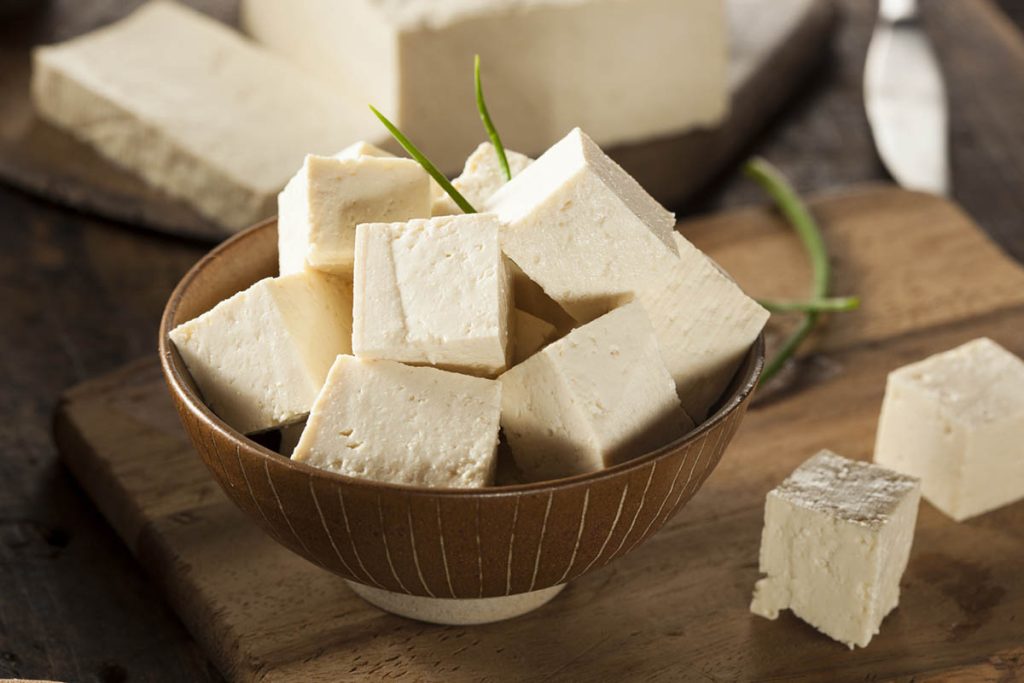
Meat isn’t the only way to get protein, and a varied diet is the best way to get your dog all the different nutrients they need. These are some of the most high-protein foods that don’t come from animals.
Brown Rice
Brown rice is a healthy carbohydrate and a great source of fiber, amino acids, and micronutrients like manganese and magnesium. It’s commonly used as the main grain in gluten-free dog food.
Chickpeas
Chickpeas have become a popular grain-free alternative that’s also high in protein. They’re also full of fiber, potassium, magnesium, antioxidants, and vitamins. Cooked chickpeas make a great meal topper!
Soy & Tofu
Soy is high in protein and has been used in dog diets that focus on weight management and for dogs with low metabolisms. It’s high in amino acids, vitamins, and folic acid as well as potassium and fiber.
Peas and Green Beans
Peas are somewhat of a superfood for dogs. Not only are they full of protein, but they’re also jam-packed with fiber and minerals like iron, zinc, potassium, and magnesium. Green beans are another protein source used in weight management for dogs since they’re low in calories and high in vitamins A, B, and C, as well as calcium and iron.
You can find JustFoodForDogs single protein dog food meals on our website, Chewy, Amazon, Petco, or your local JFFD kitchen. Check out tips for picky eaters.
This content is for informational use only and does not replace professional nutrition and/or medical advice, diagnosis, or treatment. It is not a substitute for and should not be relied upon for specific nutrition and/or medical recommendations. Please talk with your veterinarian about any questions or concerns.
